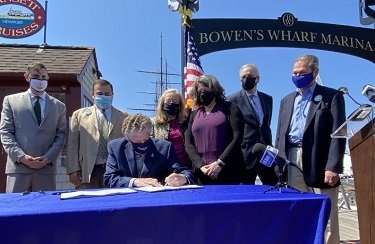Provide Safety First: It’s likely that the coronavirus will be a lingering part of American life for at least a year. If the current round of social-distancing measures works, the pandemic may ebb enough for things to return to a semblance of normalcy. Offices could fill and bars could bustle. Schools could reopen and friends will reunite. Science tells us that as status quo returns, so too will the virus. We must remain vigilante. The first and most important thing to do is to is to rapidly invest in and produce masks, gloves, and other personal protective equipment. People, businesses, and institutions must continue to adopt new practices, including working from home, conference-calling, proper sick leave, and flexible child-care arrangements.
Ensure Thames Street, Broadway and Bellevue Avenue survive: Our restaurants, bars, specialty shops, hardware stores, and other small businesses have created Newport jobs for years and lent unique character to our city. Projections suggest that many of them may not survive. The loss of Newport businesses would be irreparable, and not just for the people whose livelihoods depend on them, but for our city as a whole. Loan programs from government, foundations, and the private sector as well as support from small business and technical organizations are essential for ensuring these businesses survive. We must continue to provide assistance and advice to these vital small businesses so they can Keep Newport Moving.
Preserve our arts and creative economy: The Newport creative economy of art galleries, museums, theaters, and music venues—along with the artists, musicians, and actors who fuel them—is also at risk. We must build partnerships between government, the private sector, and philanthropies to marshal the funding and expertise needed to keep their cultural scenes alive. We must continue to provide advice and assistance on necessary procedures—from temperature screenings, better spacing for social distancing, and other safety measures—for these venues to continue as part of our landscape.
Listen to Newport Businesses: It’s not individual companies but clusters of industry and talent that drive economic development. Some of those clusters are at greater risk than others: Sectors such as transportation, travel and hospitality, and the creative arts have been hit the hardest, while e-commerce and distribution or advanced manufacturing for health care and food processing may grow. We must continue to listen to the working groups of business, non-profit representatives and local academics and experts to better understand the impact of the pandemic and pandemic-related response on key sectors and develop long range plans.
Upgrade jobs for front-line service workers: Nearly half of Rhode Islanders work in low-wage service jobs. A considerable percentage of them—emergency responders, health care aides, office and hospital cleaners, grocery store clerks, warehouse workers, delivery people—serve on the front lines of pandemics. They need better protection, higher pay, and more benefits. Having a well-paid cadre of front-line service workers who can keep our communities safe and functional will help protect us from any future wave of this pandemic and others that may follow.
Protect at risk communities: The economic fallout of pandemics hurts most the least-advantaged neighborhoods and their residents, who lack adequate health coverage and access to medical care, and who are the most vulnerable to job losses. This is a fundamental issue of both safety and equity. Concentrated poverty, economic inequality, and racial and economic segregation are not only morally unjust—they also provide fertile ground for pandemics to take root and spread. Economic inclusion and more equitable development are critical factors for the health, safety, and economic competitiveness of our places. Leaders in both State and local government must work together harder to target needed funds, support services and technical assistance to these communities.











